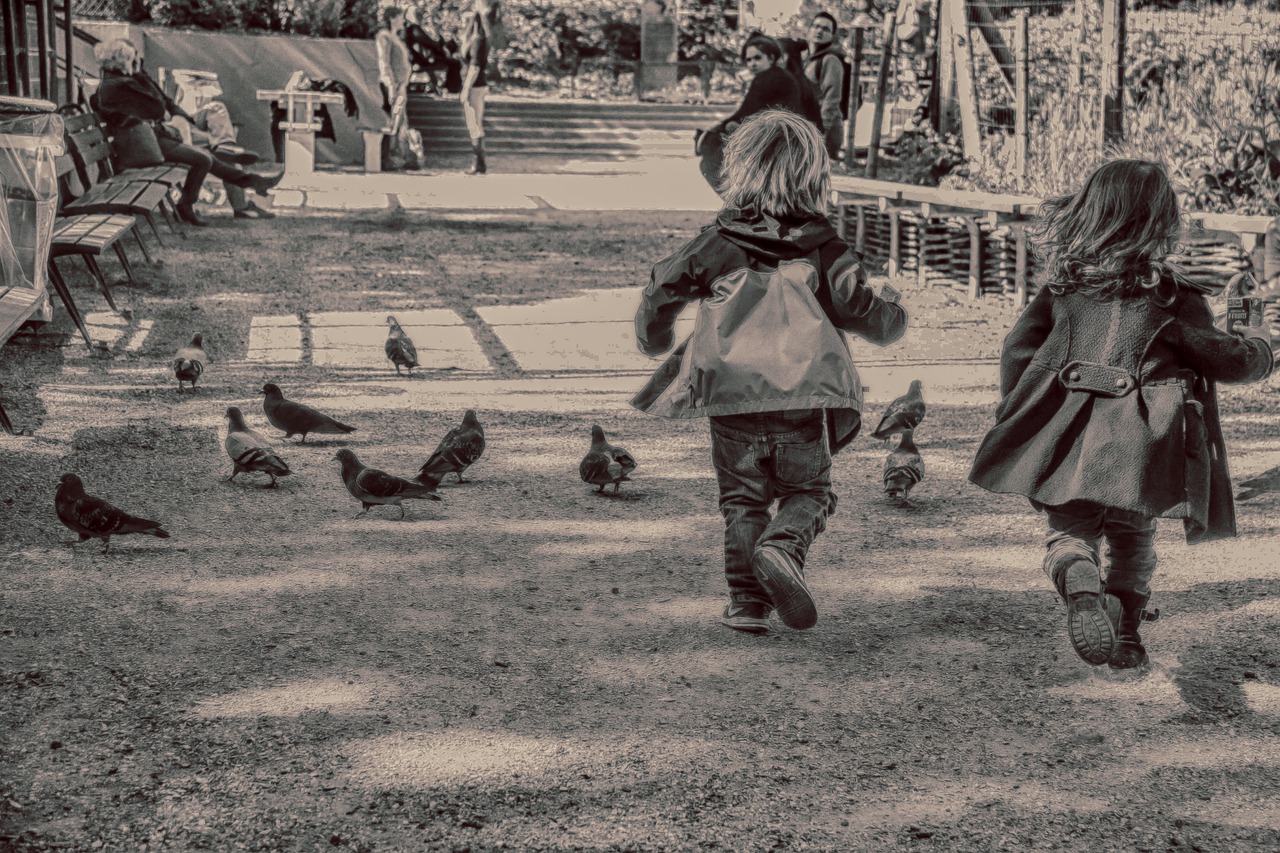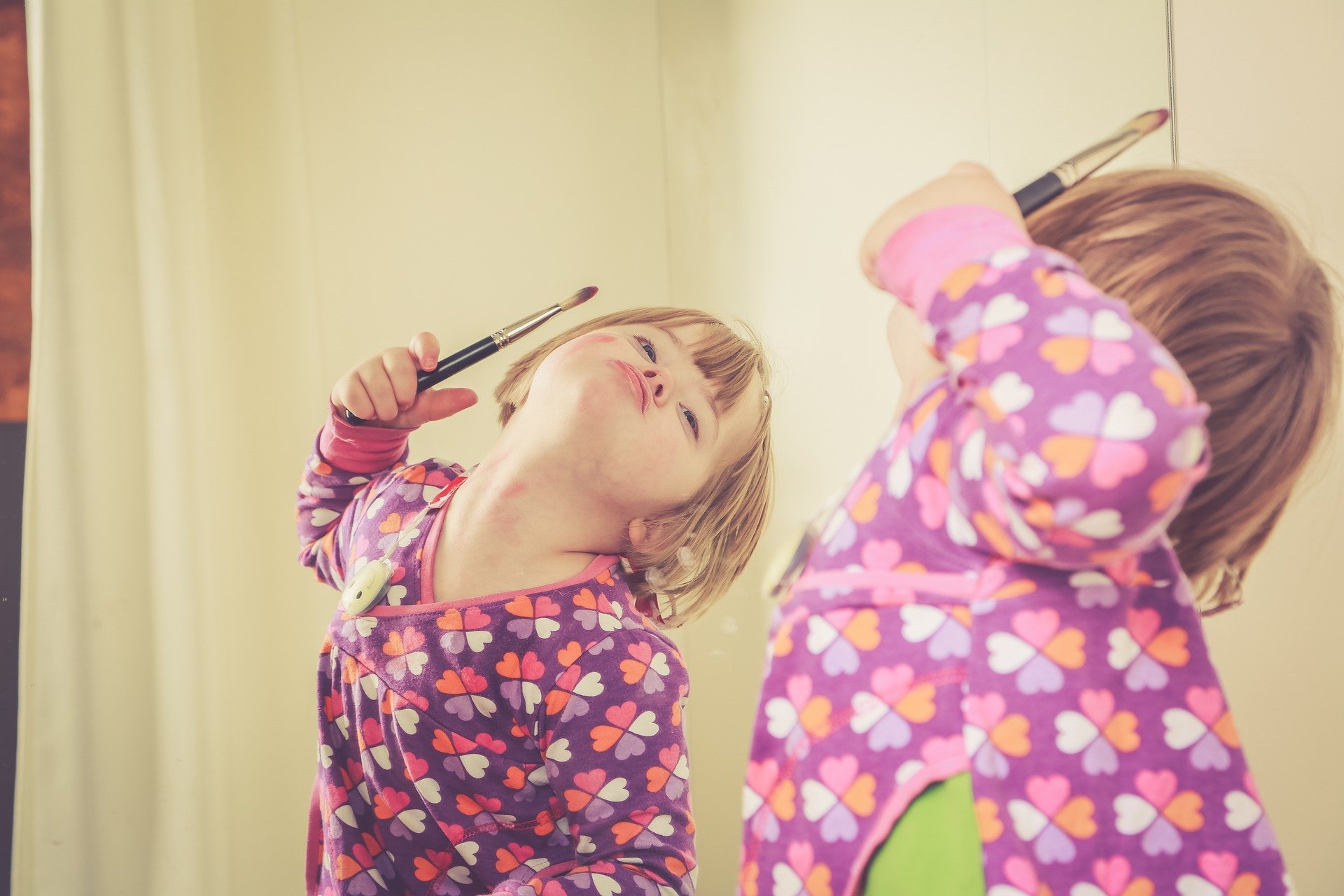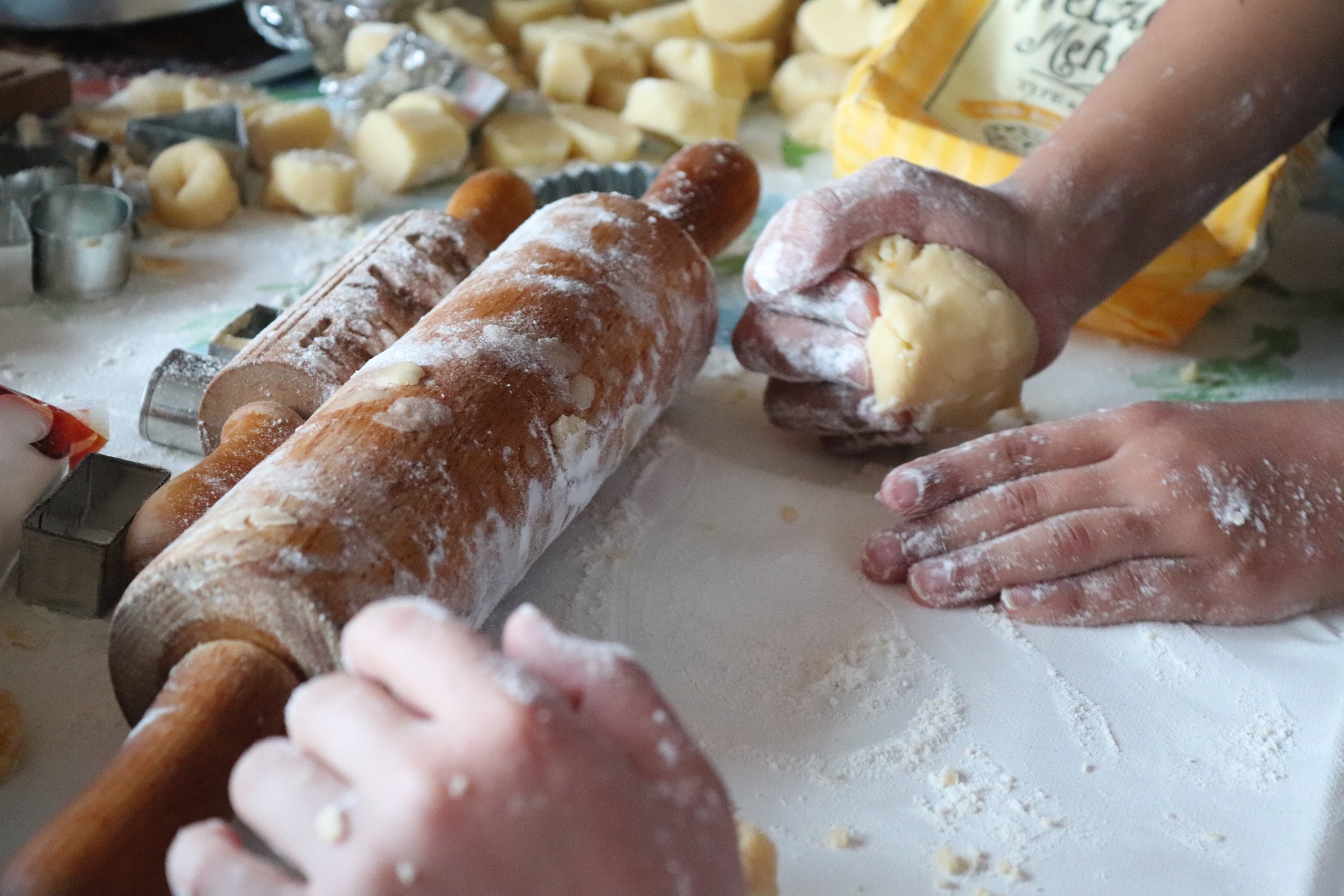

It’s very easy to see when a child feels good about themselves and even easier to see when they don’t. We often describe the idea of feeling good about themself as “self-esteem”.
Examples of how a child often displays feeling good about themselves can be feeling liked by their peers and parents, for example when your child leaves school and says hello to every other child on the way home and has made friends with the lollipop lady at the street they cross every day. They are proud of what they do. This child is happy to try new things, and when they do will give it their all.
On the opposite hand, we have how a child might show that they aren’t feeling super good about themselves. Examples of this are when they’re not confident about trying new things, and when they do something new put a lot of pressure on themselves to do it perfectly the first time they do it. And if the new thing doesn’t go as planned they are unwilling to try again and it’s a huge disaster in their mind.

How do we develop our children’s self-esteem?
Self-esteem is developed from babyhood, and a huge part of that development is making sure the child feels loved and supported at that early age. As children grow up it is even more important to try and grow their self esteem as they begin trying things and learning for the first time. When they show us, the child careers and their parents, their new skill it is especially important that we pay attention and that we respond in a positive way. We see the new skill, we give smiles and encouragement and show them we are proud.
We help them learn new things:
At every age there are new things for our child to learn, as simple as during babyhood learning how to hold a cup and drink themselves. Currently with Sara, 4, one of the big things she has learnt in my time with them was brushing her own hair. When I started with her, she detested brushing her hair after the bath, a big part of it was she thought it was going to hurt, but nearly everyday we would have a disagreement about it. What we started doing was she would help me brush her own hair with both of us holding the brush and me doing most of the work, over time she wanted to do it all by herself, most days now I have to remind her to brush her hair, sometimes she will ask me to help her and sometimes she excitedly runs to the mirror to do it. She has gotten really good at it and anytime I tell her that she brushed her hair really well she will reply “I know.”
Another important way we show children to be confident is to show them we are confident ourselves. One way I like to do this is to make a silly mistake playing a game and let the child tell me that I have made a mistake. That way they can see that mistakes are easy to make, I will brush the mistake off and then the child will be able to see that little mistakes aren’t bad. That mistakes are normal, and that we don’t have to make a big deal over it.

One of the other things I do with my children is expect them to help and pitch in with daily tasks. By helping with daily tasks they feel more connected with their family and feel like part of a group. They feel valued from doing simple tasks. Being needed by your family is invaluable. We have a set plan every week, between me and the 3 children we do a different task every day. For example, on Monday Nohé will help me open the front door when we come home after school. Sara will help me pick out the afternoon snack for them, and for dinner Lina will help me give everyone their dinner. This rotates everyday so on Tuesday every child will do something
An obvious way to build confidence is to praise your child. Even if things didn’t go entirely to plan, praise the effort that they have put into it, and appreciate the progress that they’ve made, and their willingness to try. It’s important as well for the child to know where they have gone wrong, so don’t be afraid to point out their mistakes and then try and fix them.
By Catherine Canavan, CAP 2020/2021




